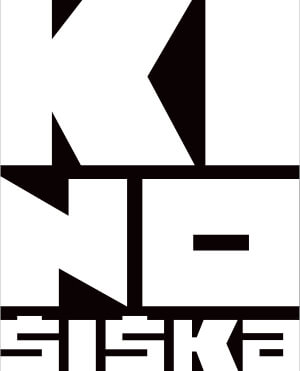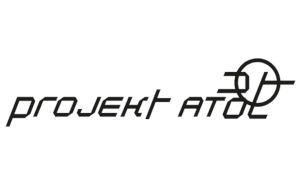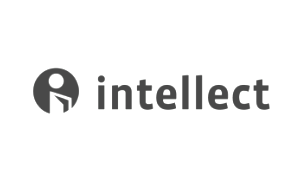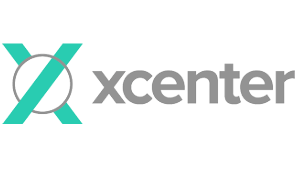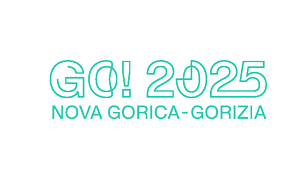This paper explores the dynamic interplay between human and nonhuman agents in analogue filmmaking, framing it as an emergent site for inter-species communication and ecological restoration. Drawing on concepts of ethology and symbiosis, it examines the experimental borders where living organisms and human creativity intersect, highlighting the delicate balance between control and liberation that defines these collaborations.
Through an ecological turn in analogue filmmaking, the paper investigates how nonhuman entities such as microorganisms actively contribute to the filmmaking process. These agents leave physical and conceptual traces on film materials, reshaping traditional understandings of authorship and storytelling. By embracing nonhuman vitality and unpredictability, the practice challenges anthropocentric narratives, fostering new modes of interaction and shared agency.
The research situates these processes within broader discourses of ecological restoration and material interdependence, where the traces left by nonhuman collaborators offer profound insights into our own ecological and existential entanglements. This approach not only expands the artistic possibilities of filmmaking but also underscores the potential for cinema to mediate relationships between human and nonhuman worlds, creating a dialogue that is both reflective and transformative.
Müge Yıldız is an artist-filmmaker and researcher at Aalto University. She has a BA in Cinema from Galatasaray University, further expanded her cinema education as an Erasmus exchange student at Paris 3 Sorbonne Nouvelle, and completed her MA in Visual Cultures, Curating, and Contemporary Art at Aalto University on a Finland Scholarship. Her work blends experimental filmmaking with hybrid techniques while emphasizing sustainable practices. Her work has been showcased at major international film festivals, including the BFI London Film Festival and Images Festival in Toronto. She also participated in the Oberhausen Film Seminar and Istanbul Biennial Production and Research Program.
Back

